Christopher Vogler's The Writer's Journey
The Hero
Whether every protagonist is a Hero is open to debate (and debate it we do in this episode) but on this we can agree: the vast majority of protagonists in genre fiction fulfill the Hero Archetype (if not always heroic). In today’s episode we go deep into Christopher Vogler’s chapter on the Hero Archetype from his book, The Writer’s Journey.
To explore this Archetype, we reference The Last Unicorn by Peter S. Beagle. Despite being written almost sixty years ago, Beagle’s fairytale feels modern and makes for an excellent sandbox to dig around in for support and opposition to whether the story’s hero (he Unicorn, obviously) conforms to Vogler’s hero profile, and also if Vogler’s Hero’s Journey is a good framework for understanding her quest.
Also, check out our Hero’s Journey Study Guide in which we apply the 12 Steps of Vogler’s formula to J.R.R. Tolkien’s The Hobbit.
Holding Out for a Hero (sorta)
What is the function of the Hero in a story? According to Vogler, it has both a psychological role and a dramatic function.
BS Alert! Psychological Role of the Hero
Le Sigh…as if we haven’t debunked Freud’s theories ages ago, Vogler gets all pseudo-psychoanalytical on us with a short lecture on the outdated concepts of the Id and the Ego. Somehow the Heroes function in a story has a symbolic separation from the mother (why does it always have something to do with women 🙄?). The Hero, apparently, symbolically represents the process of a person finding one’s individuality/identity (which is all well and good for Western audiences), separate from that of the rest of society.
In other words, your Hero is special (as are we all).
Dramatic Function of the Hero
Now, you may be thinking: Are all Protagonists considered Heroes?
Our Answer: NOPE.
Our Novel Approach to The Writer's Journey
We’ve chosen four novels to analyze while we read Vogler’s book, which will serve as examples to help you on your own journey to writing a novel based on the Hero’s Journey. Here’s what they’re reading:
- The Last Unicorn by Peter Beagle
- Howl’s Moving Castle by Diana Wynne Jones
- The Power by Naomi Alderman
- Kaiju Preservation Society by John Scalzi
The Last Unicorn as Hero
Unfortunately, Dear Writer, you’ll only find movie references in The Writer’s Journey to guide you on your way to writing a Hero’s Journey. Good thing you’ve got us! In this episode, we tackle The Last Unicorn by Peter Beagle as it pertains to Vogler’s variations in the Archetype of the Hero. FYI: Spoilers Ahead!
The unicorn lived in a lilac wood, and she lived all alone…so she ventured out from the safety of the enchanted forest on a quest for others of her kind. Joined along the way by the bumbling magician Schmendrick and the indomitable Molly Grue, the unicorn learns all about the joys and sorrows of life and love before meeting her destiny in the castle of a despondent monarch—and confronting the creature that would drive her kind to extinction….
Audience Identification
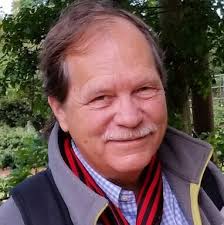
In other words, we identify with the Hero as protagonist as a person seeking some kind of moral (Justice) and/or personal (Love) desire. In the case of The Last Unicorn, if you’re a girl who loves Unicorns (esp those that turn into beautiful women), then you definitely identify with the Unicorn. If you’re middle aged like Renee and Kim, then you’ve transformed into Molly Grue, which for a meta-Hero’s Journey like The Last Unicorn, this makes sense. The audience identifies with the different characters when the unicorn, ancient and god-like, can’t identify with anyone but other immortal creatures.
Who's the Hero?
Vogler uses the terms Hero and Protagonist interchangeably; however, we argue a Hero is a type of Protagonist in a story which follows the plot of a Hero’s Journey. Not all Protagonists are Heroes because not all stories are Hero’s Journeys. However, genre fiction does tend to follow the Hero’s Journey formula (in our last episode we discuss how Tolkien – also inspired by narrative patterns in ancient mythology – is the father of the Fantasy Genre as we know it today).
The Last Unicorn Goes on a Journey
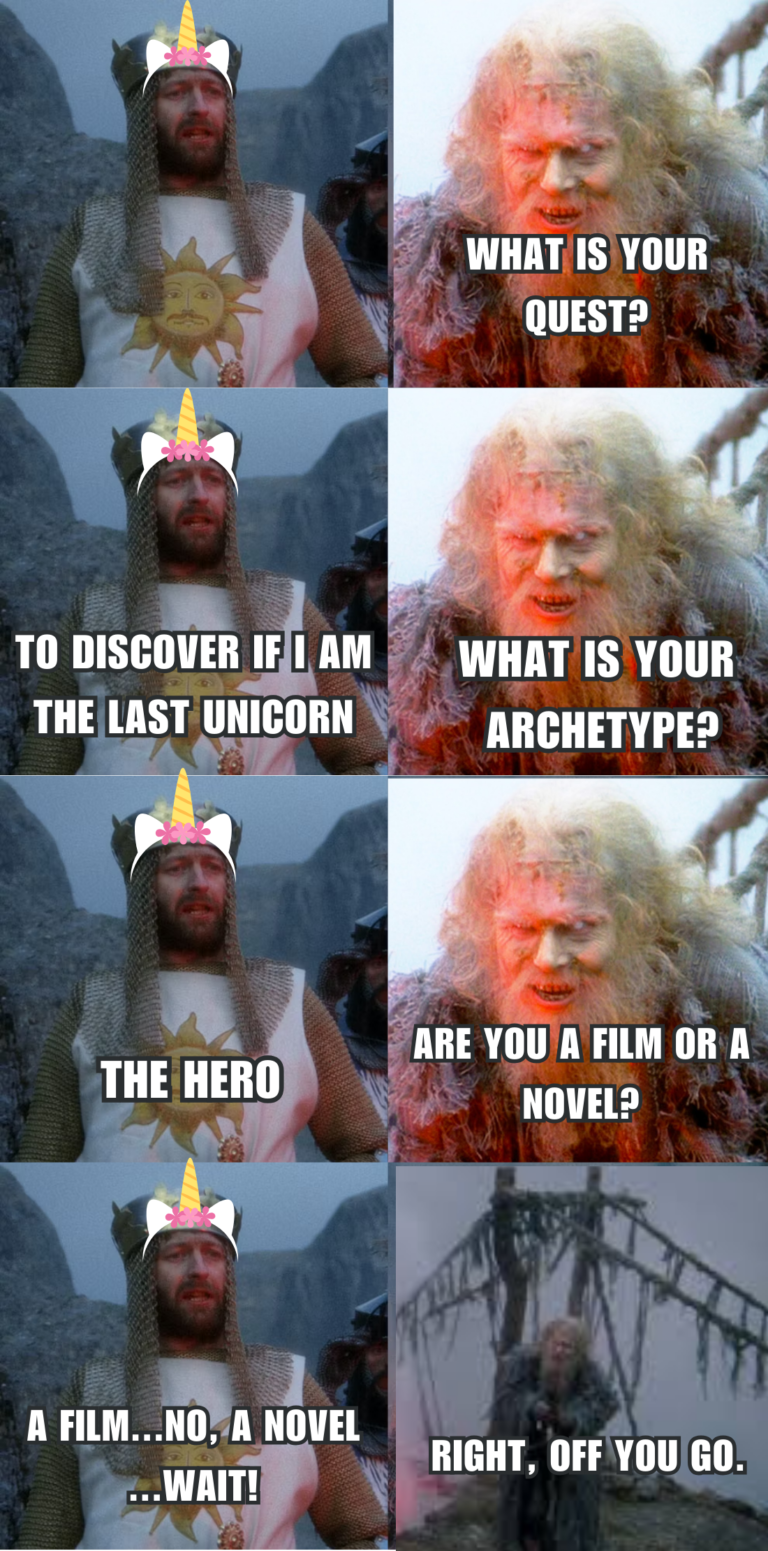
First thing’s first: does the plot of The Last Unicorn fulfill the Hero’s Journey Plot Formula? Well…the Unicorn goes on a quest to see if she truly is the last Unicorn in the world.
- Her journey starts in her Ordinary World (her lilac wood).
- She answers the Call to Adventure (she decides to leave on a quest to discover if she truly is the last of her kind).
- She doesn’t exactly Refuse the Call, but she does have doubts (there is some back and forth in her head when she’s deciding whether to leave the forest).
- She has a Mentor of sorts (Schmendrick is a mentor to her, telling her about where to find the bull. Later, he’s responsible for her critical magical transformation).
- She encounters Trials, Allies, and Enemies (she’s captured by a sorceress and put on display in a travelling circus).
- She’s then rescued by Schmedrick the Magician
- Molly Grue, another ally, joins the group.
- Later, they meet Prince Lir.
- The story progresses to the Inmost Cave (in this case, Haggard’s Castle, where the unicorn faces off with The Bull who has driven all the other unicorns into the sea).
- The Unicorn undergoes The Ordeal and becomes mortal (Schmedrick turns her into a human woman to escape the bull).
- With the help of her friends, she earns a Reward (knowledge about the Unicorns, Haggard, and the Bull).
- On The Road Back (Lady Amalthea, who was once a Unicorn, has fallen in love with Prince Lir).
- The Unicorn is Resurrected (she’s returned back to her immortal self and drives the Bull into the sea, freeing the unicorns).
- Lastly, the Unicorn Returns with the Elixir (quite bittersweet, she returns home forever changed, since she is the only unicorn in the world who has loved and regrets).
So, yes, the plot of The Last Unicorn fulfills the criteria of a Hero’s Journey. But a journey doesn’t necessarily a Hero make. The Hero isn’t just a puppet you force through a series of bullet points (right? right…..?). There are more aspects to the Hero as a character.
Heroism in Other Archetypes
“The [hero] archetype can be manifested in other characters, when they act heroically”
In the episode we pointed out how all four main characters (the Unicorn, Molly Grue, Schmendrick the Magician, and Prince Lir (indeed, Lir is a Hero by trade) could be considered the Hero. But for the purposes of explaining the qualities of a hero, we’ll just stick with the Unicorn (named Unicorn and later Lady Almathea in her human form).
Growth
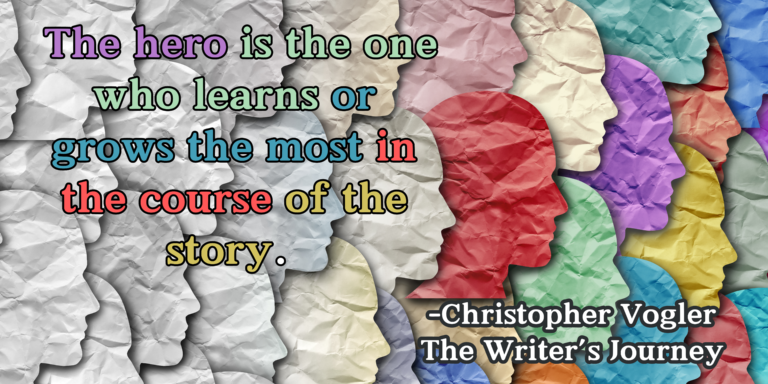
The Unicorn starts off immortal and (being a unicorn) one of the most beautiful creatures in the world. How can you level up from that? By gaining knowledge. As a human, she learns to love and to regret, qualities that she retains when she returns to her true form.
Action
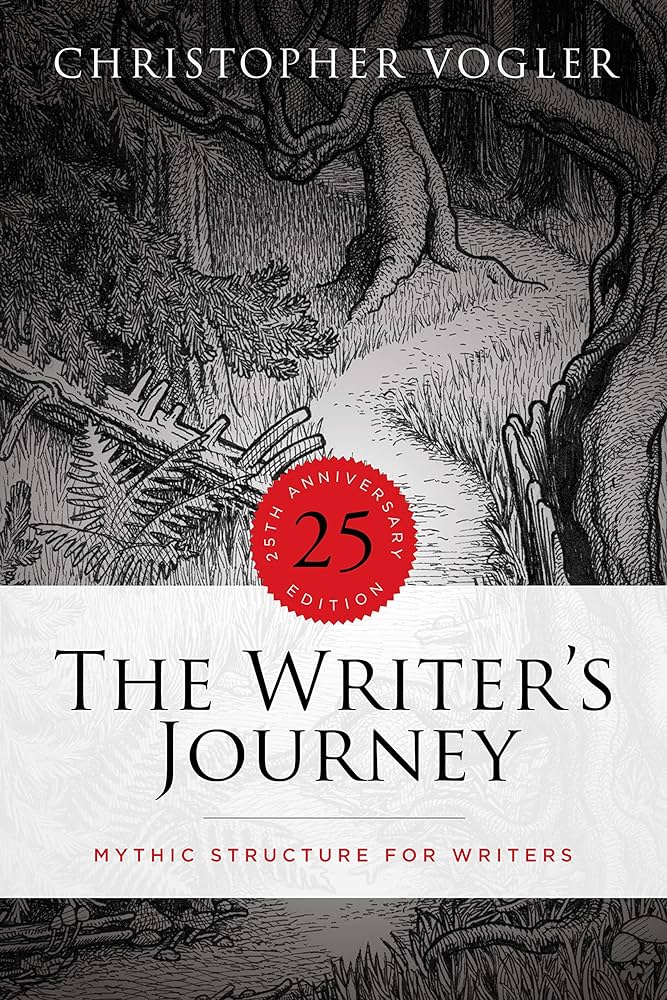
Sure the Unicorn can seem a bit passive during the book (when she’s transformed into a girl she sometimes even forgets who she is) but at the critical moment, who faces down the Red Bull and drives him into the sea? The Unicorn! And she brings Prince Lir back to life too.
Sacrifice

The Unicorn regains her immortality (only sacrificing it temporarily) but must forever live with regret, having loved and lost, which no other Unicorn has. Goes to show, maybe it really isn’t better to have loved and lost…just ask Renee about her ex-husband…
Dealing with Death
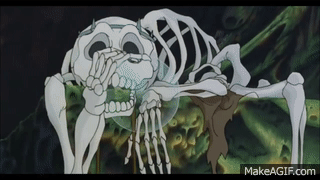
Why the obsession with death, we don’t know. Regardless, Vogler says “heroes show us how to deal with death,” and the Unicorn is no exception. After the Unicorn’s boyfriend, Prince Lir, dies, she goes after the Red Bull like a woman scorned. Granted, online dating these days is pretty $hitty…and Prince Lir was freakin’ hawt ngl.
Character Flaws
A hero without flaws is … boring! Also, no one likes perfect people. On the first page we’re told that unicorns are a bit vain about their good looks. More importantly, overcoming internal flaws are as important to the Hero’s Journey as overcoming external threats. The first time the Unicorn faces the Red Bull, he terrifies her; it’s the first time she’s known fear. And she’s only able to defeat him when she is able to overcome her fear.
Varieties of Hero
Of course, not all Heroes are gallant, obsessed with justice or love or embark on selfless quests. If you’re like Renee, you love a good Wounded Anti-Hero (esp those contractually obligated to go shirtless every other scene).

UnWilling Heroes
This hero is “full of doubts and hesitation” and will do whatever they can to avoid being at the center of a quest. Of course, part of the adventure for this character is turning into a person willing to be at the center of a journey.
“Ove considered throwing one of his clogs at it. The cat looked like it cursed the fact that it had no clogs to throw back.”
-Fredrik Backman
Group-Oriented Heroes
This usually follows a three act structure, starting with the Hero getting separated from their community, then attempting the quest alone, then coming back to the community. Hazel from Watership Down is a great example; however, Hazel sticks close to his community of rabbits. A true leader!
“That’s not good enough! We all got into this together, we’ll all get out of it together!”
-Hazel
Loner Heroes
According to Vogler, the Loner Hero starts out “estranged from society” but quickly re-enters the community. In the second act, the Hero brings the community to her world. In the third, they return back to solitude. We think The Last Unicorn (as a character) fits this category perfectly.
“I have been mortal, and some part of me is mortal yet. I am full of tears and hunger and the fear of death, although I cannot weep, and I want nothing, and I cannot die. I am not like the others now, for no unicorn was ever born who could regret, but I do. I regret.”
–The Last Unicorn
Catalyst Heroes
These heroes don’t change much during the course of the story, “but primarily act to help others or guide them in their own growth.” In other words, these characters are powder kegs set to go off. They enter the story and everyone else changes by proxy to them.
“He’s the strongest man in the world.’
‘Man, yes,’ said Pippi, ‘but I am the strongest girl in the world, remember that.”
-Pippi Longstocking
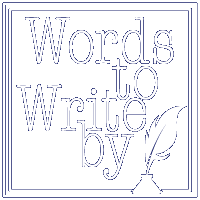
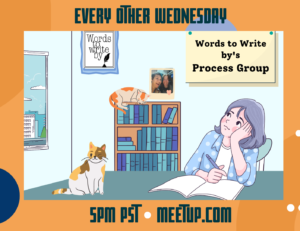
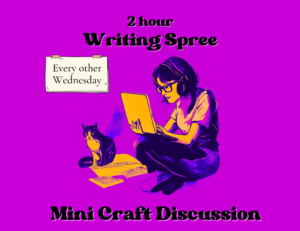
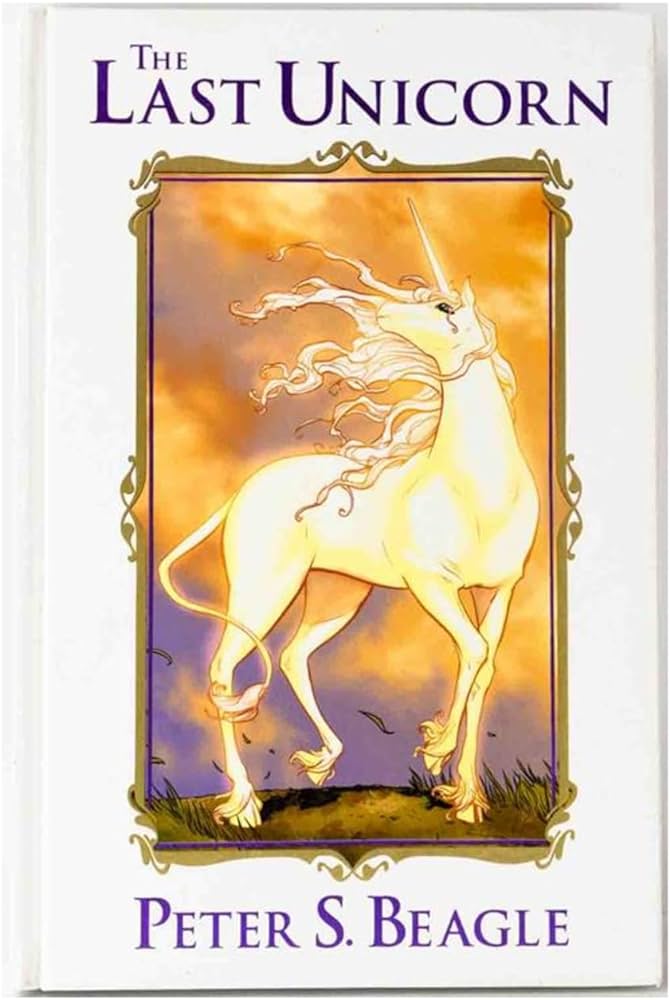
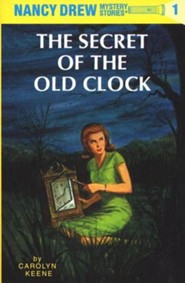
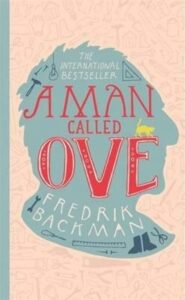
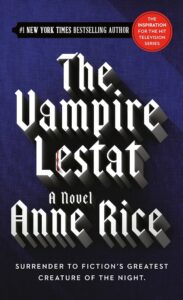
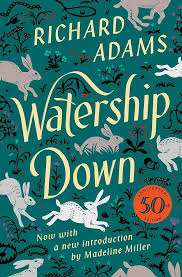
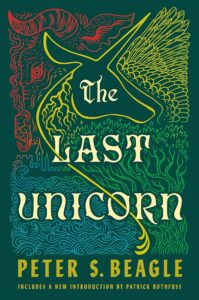
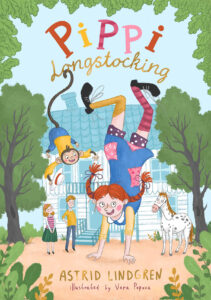
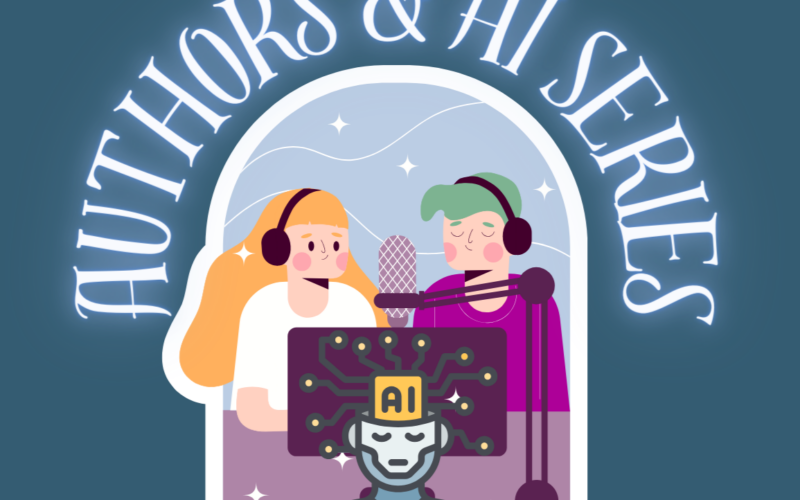
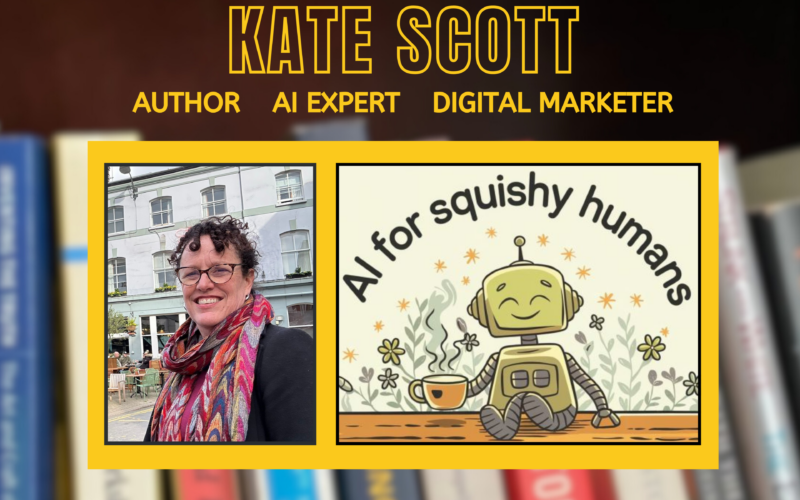
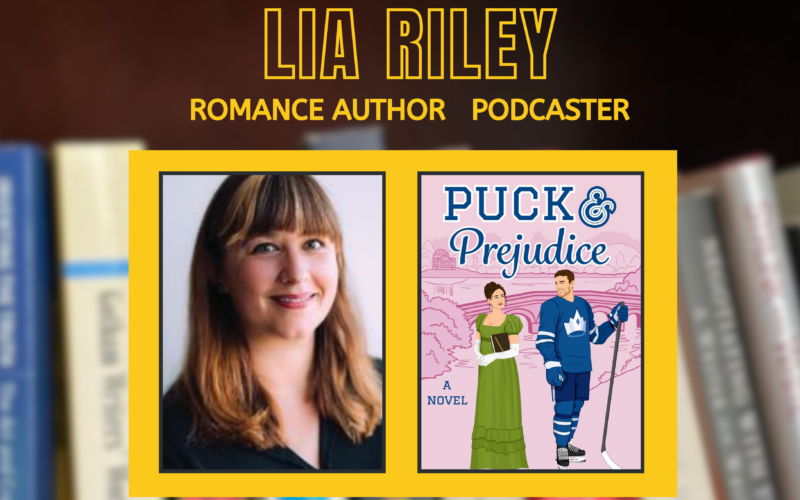
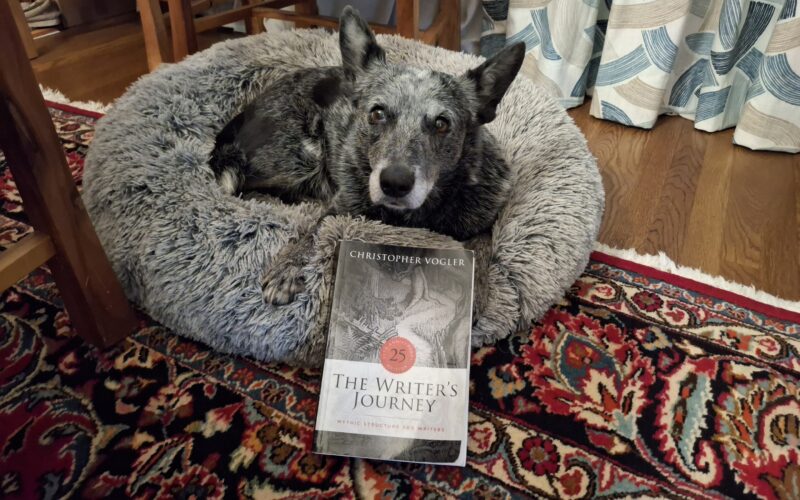
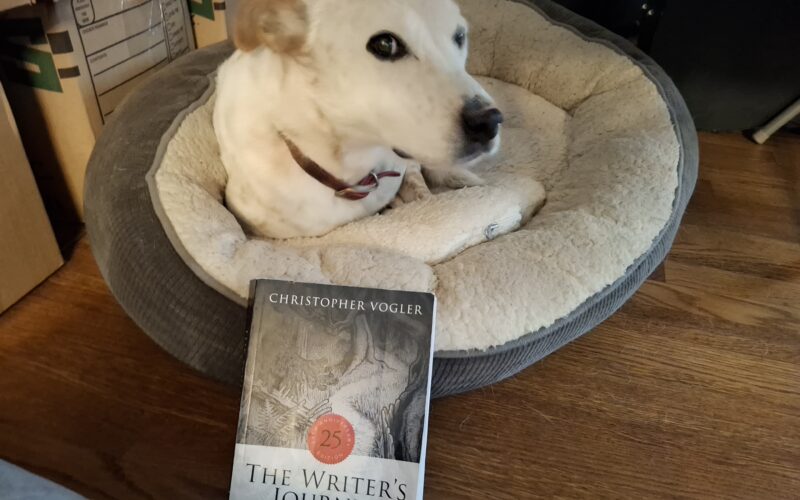
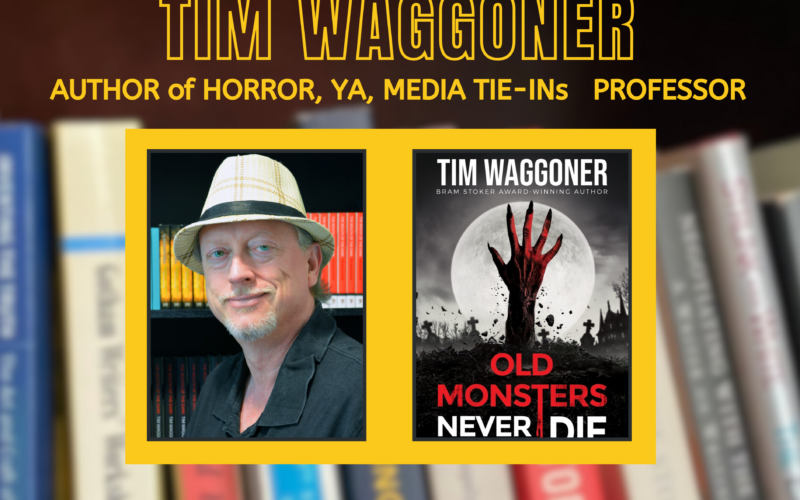
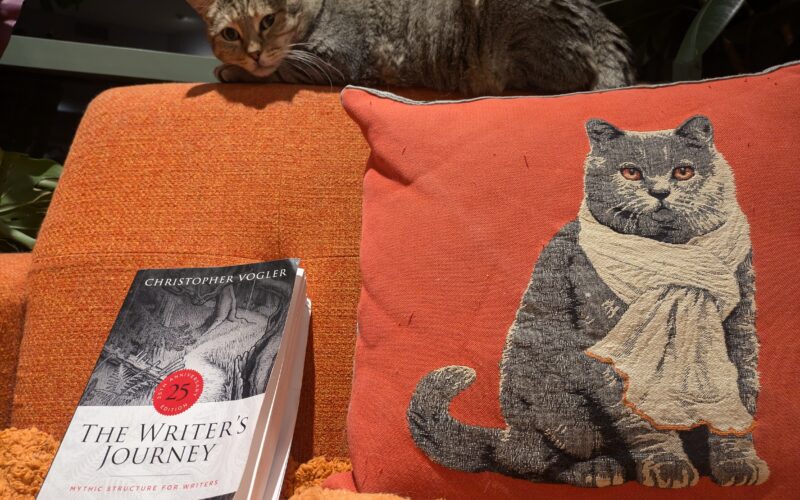
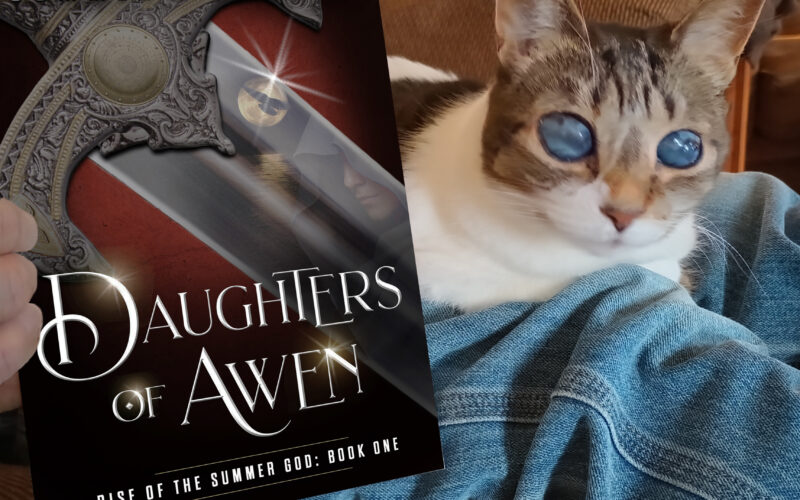

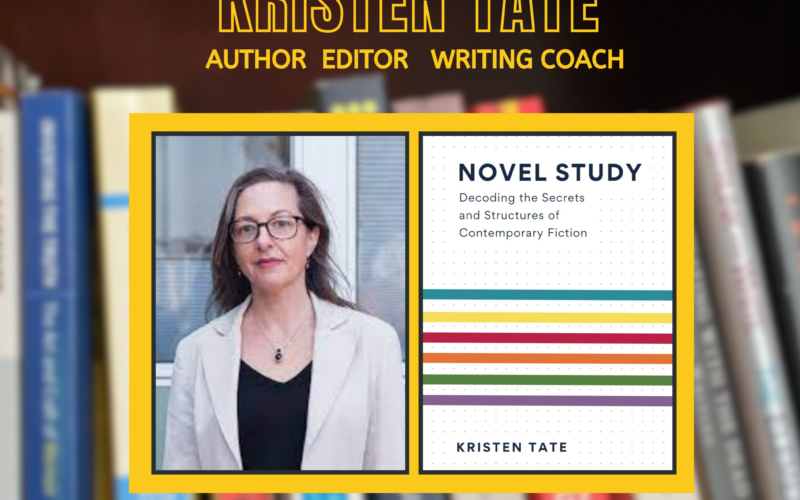
Not Your Usual Words to Write By: The AI Podcasting Challenge
Authors & AI SeriesEpisode 7: Not Your Usual Words to Write By: The AI Podcasting Challenge! Is nothing sacred? After exploring how AI might steal our writing jobs, we’re...